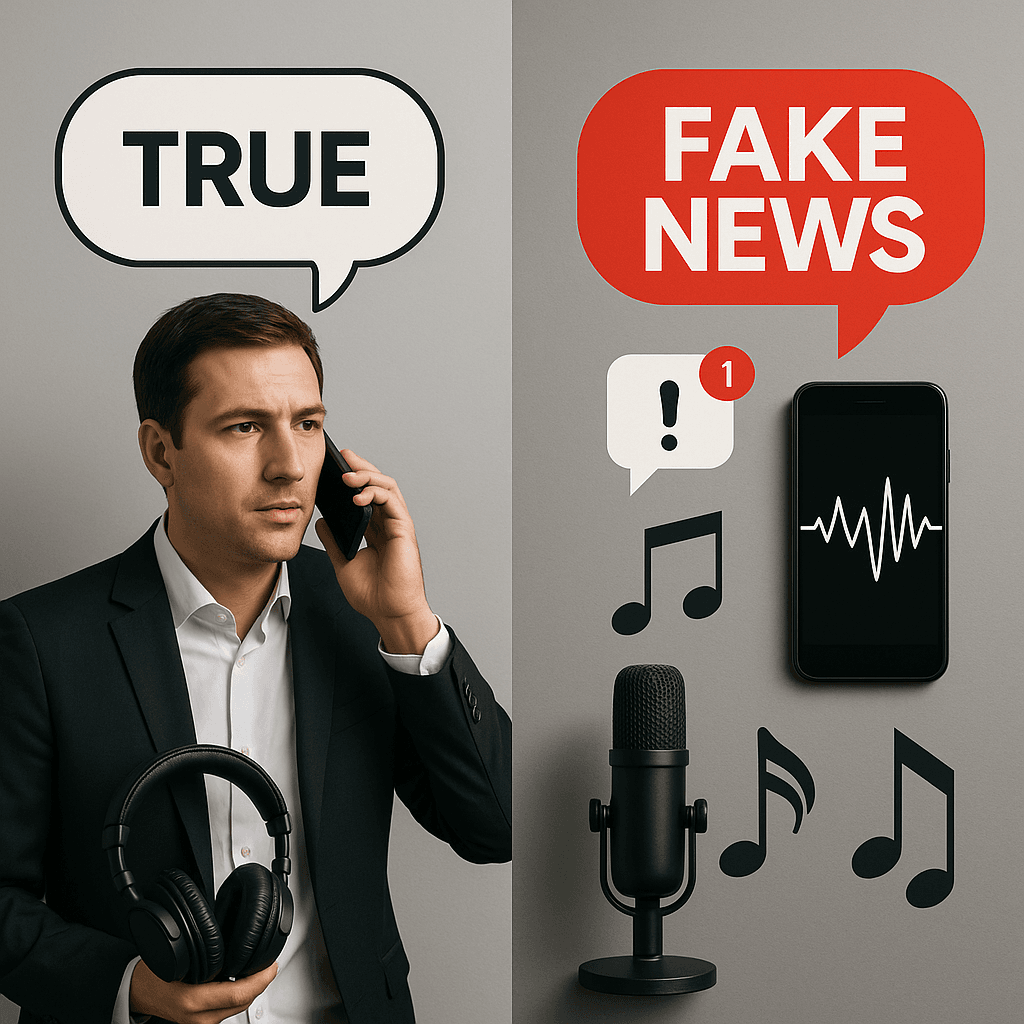Spotify just issued an urgent clarification after viral TikTok videos accused the streaming giant of secretly changing its terms to steal artist music rights. The company's swift response comes as creator misinformation spreads across social media, forcing Spotify to address claims that could damage relationships with its 100+ million creators and potentially spark another industry backlash over artist compensation.
Spotify found itself in damage control mode this week after viral social media posts triggered panic among artists about alleged changes to the platform's terms of service. The controversy erupted when TikTok creator @chantmagick posted a video claiming Spotify had modified its terms to allow the company to transfer artists' music rights to third parties, including partners, affiliates, and tech providers.
The accusation spread rapidly across social platforms, tapping into longstanding frustrations artists have with streaming economics. But Spotify moved quickly to shut down the misinformation, issuing a detailed public statement clarifying that "these claims are false" and that updated terms don't affect distribution rights for artists, podcasters, creators, and authors.
The real story is much more mundane. According to Spotify's clarification, the terms changes actually apply to listeners, not creators. The updated language allows Spotify to "display features such as user-created custom playlist covers, user comments on podcasts, and user-created playlist titles." It's standard practice across streaming platforms - think of how Apple Music displays user playlist art or how YouTube Music shows user comments.
But the viral misinformation reveals deeper tensions that continue to simmer between Spotify and the creative community. Artists have long criticized the platform's compensation model, with many arguing they receive insufficient payouts compared to traditional music sales. These grievances aren't new - they've been building for years as streaming displaced physical sales and digital downloads.
The controversy comes at a particularly sensitive time for artist-platform relationships. Last year, Congresswoman Rashida Tlaib and Congressman Jamaal Bowman introduced the Living Wage for Musicians Act, which would mandate streaming services pay artists one cent per stream - a significant increase from current rates that typically range from $0.003 to $0.005 per play.












